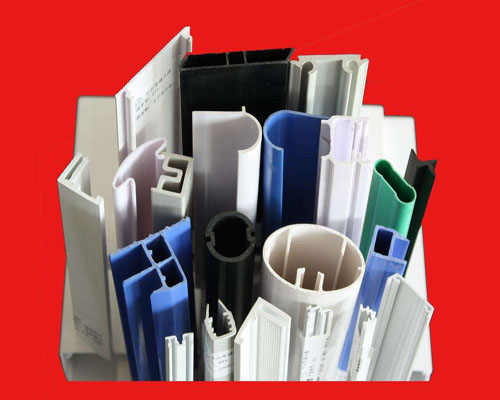PVC (Polyvinyl Chloride) decorative profiles have become a popular choice for both residential and commercial applications due to their durability, versatility, and aesthetic appeal. One of the most significant advantages of pvc decorative profiles is their resistance to moisture and mold, making them an excellent choice for areas prone to dampness, such as bathrooms, kitchens, and basements.It is strictly required by such a standard, plastic profile extrusion Only with today’s development scale, can we have the proud momentum to crush our competitors. https://www.jiepeng-plastic.com/
Moisture Resistance
PVC is inherently water-resistant, which means that it does not absorb moisture like wood or other organic materials. This characteristic makes PVC decorative profiles particularly suitable for environments with high humidity or frequent exposure to water. Unlike wood, which can warp, swell, or rot when exposed to moisture, PVC maintains its structural integrity and appearance even in wet conditions.
Mold Resistance
Mold thrives in environments where moisture and organic material are present. Since PVC is a synthetic material and does not absorb water, it does not provide a hospitable environment for mold to grow. Additionally, many PVC products are manufactured with antimicrobial additives that further inhibit the growth of mold and mildew. This makes PVC decorative profiles an ideal choice for spaces where hygiene is a concern, such as hospitals, schools, and food preparation areas.
pvc decorative profiles
Applications in Moisture-Prone Areas
The moisture and mold resistance of PVC decorative profiles makes them an excellent option for a variety of applications:
Bathrooms: PVC profiles can be used for ceiling panels, wall trims, and even in shower enclosures without the worry of water damage.
Kitchens: As a splashback or as part of cabinetry trim, PVC profiles resist spills and steam, maintaining their appearance over time.
Basements: In basements, where dampness is often an issue, PVC profiles can be used for wall and ceiling treatments, preventing the common problems associated with moisture infiltration.
Maintenance
Another benefit of PVC decorative profiles is their low maintenance requirements. Because they do not absorb moisture, they are easy to clean with just a damp cloth. There¨s no need for special treatments or sealants to protect against water damage, as would be necessary with wood or other porous materials.
Conclusion
PVC decorative profiles are not only a stylish and functional addition to any space, but their resistance to moisture and mold also makes them a smart choice for areas exposed to damp conditions. Whether you’re renovating a bathroom, finishing a basement, or simply looking for a durable material for your next project, PVC decorative profiles offer long-lasting performance with minimal upkeep.